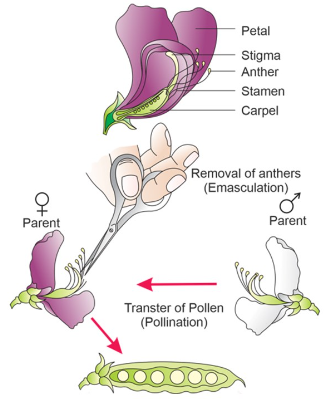Jul . 27, 2024 09:09 Back to list
Suppliers Offering High-Quality Fruit Protection Bags for Effective Agricultural Use and Crop Management
The Growing Demand for Fruit Protection Bags Finding Reliable Suppliers
As the global demand for fresh, high-quality fruits continues to rise, growers are increasingly aware of the challenges posed by pests and environmental factors. To address these issues, fruit protection bags have gained popularity as an effective solution. These specialized bags safeguard fruits during their growth cycle, offering protection from insects, birds, and weather disturbances. With the burgeoning market for such protective measures, finding reliable suppliers of fruit protection bags has become crucial for fruit growers worldwide.
Understanding Fruit Protection Bags
Fruit protection bags are typically made from materials like biodegradable plastics or non-woven fabrics. They are designed to encase fruits, preventing direct contact with harmful elements while allowing sunlight and moisture to permeate. This method not only shields the fruits but also promotes healthy growth by minimizing chemical pesticide usage, aligning with consumers’ increasing preference for organic produce.
The bags come in various sizes and styles, tailored to meet the needs of different types of fruits, including apples, pears, and grapes. Some bags even feature UV protection, which helps in reducing sunburn on fruits while maintaining color and flavor integrity. Overall, these bags serve as an essential tool for farmers seeking to enhance yield quality and quantity.
The Rise of Specialization in Suppliers
As the demand for fruit protection bags escalates, so does the number of suppliers in the market. It is vital for growers to choose suppliers with expertise in this niche area. A reliable supplier should possess a clear understanding of the specific needs of different fruits and the environmental conditions relevant to various growing regions.
Quality assurance is another critical aspect to consider when selecting a supplier. The bags must be durable enough to withstand weather changes while remaining lightweight to avoid damaging the young fruits. Suppliers that offer product trials or samples give growers the opportunity to assess the bags' effectiveness before making a bulk purchase, fostering a sense of trust and reliability.
Moreover, sustainability has become a significant concern in recent years. Growers are increasingly making choices that reflect their commitment to environmental stewardship. Suppliers that provide eco-friendly, biodegradable options play a vital role in this movement, helping to reduce agricultural waste and impact on the ecosystem.
fruit protection bags suppliers

Choosing the Right Supplier
When searching for fruit protection bag suppliers, growers should consider several key factors
1. Reputation and Experience Suppliers with a strong track record and positive customer reviews are more likely to deliver quality products. Engage with fellow growers to gather insights on reputable suppliers.
2. Customization Options The ability to customize sizes, colors, and materials can be advantageous for specific farming needs. Suppliers offering tailored solutions demonstrate flexibility and a customer-centric approach.
3. Compliance with Regulations Suppliers should adhere to relevant agricultural regulations and safety standards. This guarantees that the bags are safe for use and do not affect the quality of the produce.
4. Technical Support and Guidance A supplier that provides professional advice on bag usage, installation, and maintenance can significantly influence a grower’s success. Their expertise can assist in maximizing the benefits of the products.
5. Cost-effectiveness While price should not be the sole deciding factor, it's essential to compare costs among different suppliers to ensure value for money. Consider the long-term benefits of investing in high-quality bags, which may reduce losses and increase profits.
Conclusion
In conclusion, the growing market for fruit protection bags presents both opportunities and challenges for fruit growers. By partnering with reliable and knowledgeable suppliers, growers can enhance their production efficiency while ensuring the quality and safety of their fruits. As the industry continues to evolve, establishing strong supplier relationships will be key to navigating the future of fruit cultivation successfully.
-
Artificial Pollination Solutions for All Plant Pollen Types
NewsJul.29,2025
-
Premium Plant Pollen for Pure Pollination & Pollen Block Solutions
NewsJul.29,2025
-
Artificial Pollination Solutions for Efficient Crop Yields
NewsJul.28,2025
-
Premium Cherry Pollen for Pure Pollination & Different Types of Pollen
NewsJul.28,2025
-
Eco-friendly Fruit Paper Bags with Pollen Block Technology
NewsJul.26,2025
-
Premium Kiwi Pollen for Sale – Fresh Male Kiwi Pollen Supplier
NewsJul.25,2025